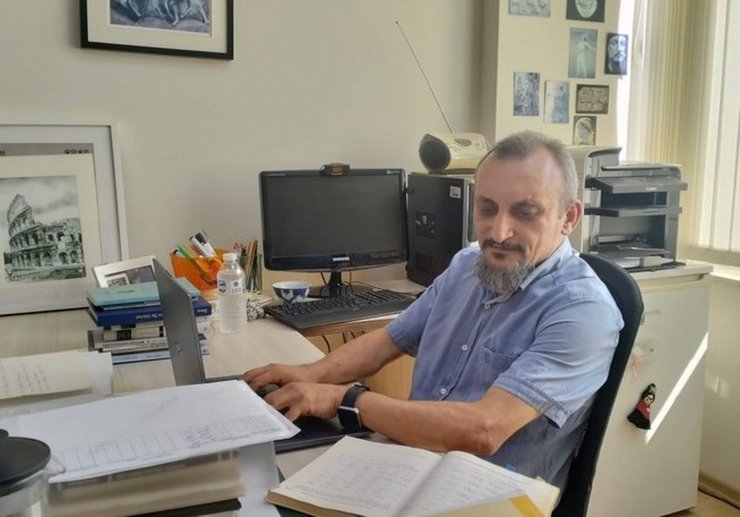Antiquity as a journey into the very foundations of what it means to be human

Burak Takmer | 20 Jahre Jacobi-Stipendienprogramm
The Jacobi Fellowship of the Commission for Ancient History and Epigraphy for doctoral students celebrates its 20th anniversary in 2025. In this anniversary year, we will be presenting twelve former Jacobi scholarship holders, who will talk about their current work. We asked them five questions, which they answered in writing. In October, we get to know Dr. Burak Takmer, associate professor in the Department of Ancient Languages and Cultures at Akdeniz University, Antalya. Dr. Takmer was a Jacobi Fellow in Munich in 2007 with his project Lex Portorii Provinciae Lyciae.
Texts and the worlds behind them
Prof. Schuler: How did you decide to pursue an academic career in ancient studies? What fascinates you most about antiquity?
Dr. Takmer: My academic career was, in fact, the result of a series of coincidences and inspiring encounters. Initially, I wanted to explore the geographical and socio-cultural foundations of ancient Greek philosophy, which led me to major in Classical Archaeology. The real turning point came when I took Ancient Greek and Ancient Social History with Prof. Dr. Sencer Şahin, who opened my eyes not only to the texts, but to the worlds behind them. I was struck by how a funerary epigram could move us emotionally, while an honorific decree could reveal the mindset of an entire age. As Şahin authoritatively declared, 'epigraphy remains the lifeblood of Classical philology, a perennial wellspring that neither time nor scholarship can exhaust'.
What fascinates me most about antiquity is that this profound human experience, stretching across the centuries, can still guide us today. The words of someone who lived two thousand years ago on love, loss, or justice can still echo within us. Consider Homer's evocative imagery of the "rosy-fingered dawn", Heraclitus' introspective declaration, "I have searched myself", or the poignant funerary epigram comparing the death of Eudemos, a shipowner of Olympos in Lycia, to a vessel anchoring in its final harbor. Equally striking is Lucian's Alexander the False Prophet, a scathing satire that exposes the deceptive tactics of a charlatan, revealing how appearances often obscure truth, a timeless warning against blind credulity. And then there is Herodotus, whose masterful storytelling bridges the past and present. These are not merely fragments of knowledge; they are threads of human connection. Antiquity, for me, is more than an academic discipline. It is a journey into the very foundations of what it means to be human.
Die Fortsetzung des Interviews finden Sie hier:
https://lisa.gerda-henkel-stiftung.de/20_jahre_jacobi_stipendium_interviewreihe_takmer?newsletter=1

